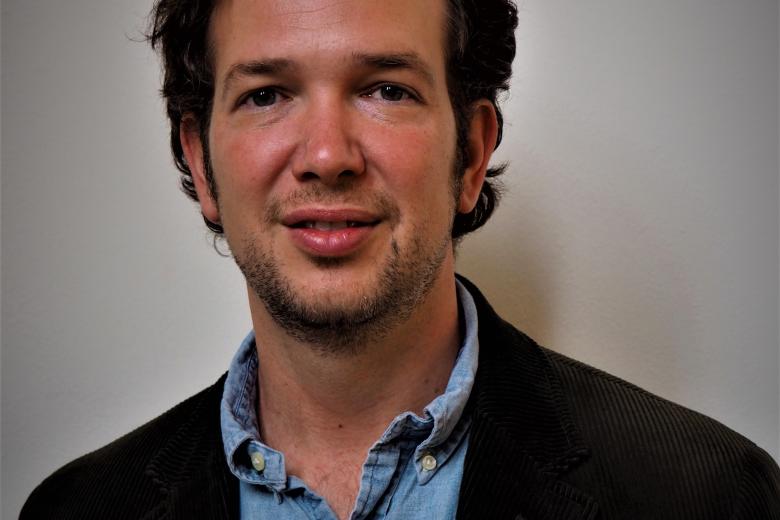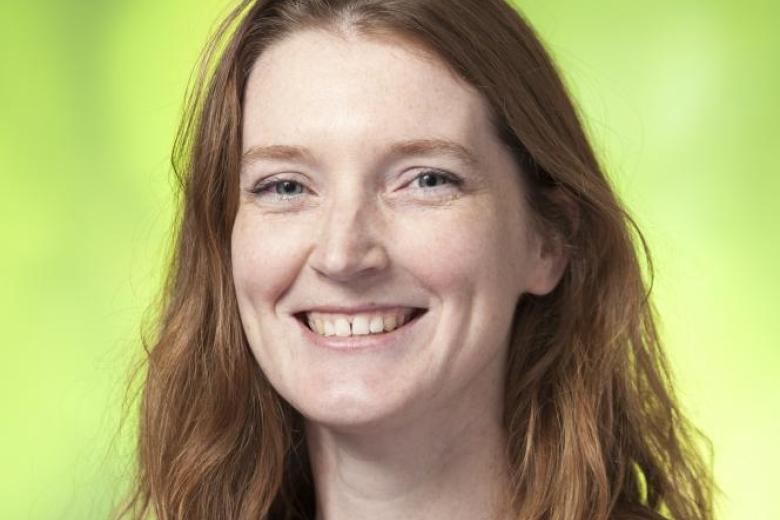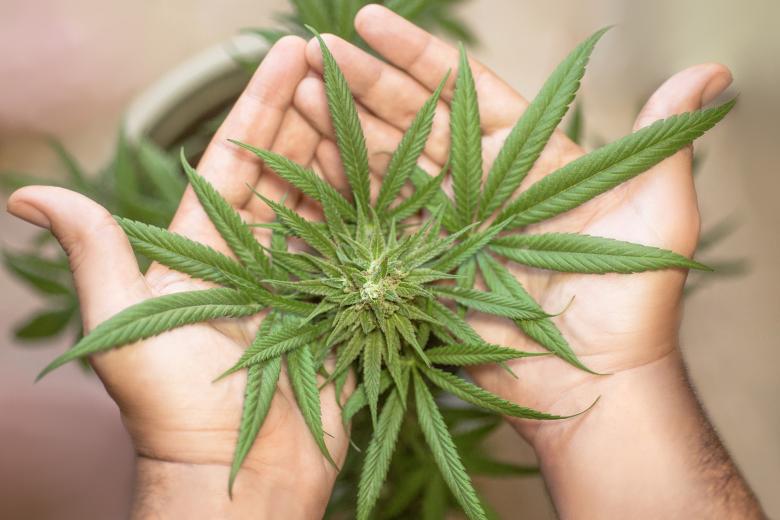How Germany Almost Legalized Cannabis
The 1st of April 2024 marks the day when Germany adopted the most progressive legal approach to cannabis in Europe. While for the Dutch, this may sound like an April’s fool prank, it is far from it: The new German CanG (Cannabis Law) regulates the consumption, possession, and supply of the soft drug more consistently than the world-famous Dutch tolerance policy with its unique coffee shops ever did. But the road towards the regulation was rocky, full of aberrations and disappointments.
‘Legalization light’?
When the German government initially announced its plans in 2021 to tackle the cannabis problem, the health minister had a full-fledged legalization of the soft drug in mind. Cannabis legalization – like already existing in Canada – means the drug can be produced, distributed, imported, exchanged, possessed, and consumed only with the limitations imposed by market regulations. It took the German government surprisingly long to realize that such an approach is not compliant with EU law. Hence, in 2023, a considerably downsized version of the bill was presented, which often was called a ‘legalization light’ but technically spoken is a partial decriminalization. Commercial production, distribution, and exchange of cannabis for recreational use remain prohibited. However, the possession of up to 25 grams of cannabis will be completely exempt from punishment. It will be allowed to grow several cannabis plants at the private home. And so-called cannabis clubs will be allowed with up to 500 members, in which each member may bring in up to three female cannabis plants. Later on, regional model projects with pilots for commercial growth and supply chains are planned, similar to the Dutch wiet-experiment.
Uncharted territory
Sure, the German cannabis legalization project was significantly downsized. But what is now implemented can still count as an ambitious approach. Crucial questions remain unanswered: Are these new regulations in line with EU law? One neuralgic point of the law is particularly discussed. It revolves around the legal definition of what falls under ‘personal consumption’. Under international and EU law, states are allowed to regulate, i.e., decriminalize cannabis use if it is related only to the personal consumption of individuals. Small amounts and the growth and consumption in private spaces are usually subsumed under this privileged behaviour. The aim is clear: all forms of commercial production and distribution must be prohibited.
By allowing cannabis clubs, Germany enters uncharted territory. While so-called cannabis social clubs have existed for a while – clandestine associations of like-minded cannabis enthusiasts to grow and smoke – the legislator has taken the ‘social’ out of these clubs. No gatherings and jointly consuming the weed on the club premises will be allowed. The reason for what one might feel inclined to call a very German approach: to prevent the establishment of de-facto coffeeshops driven by commercial interests. But how realistic is that in the long run? And can these clubs really be qualified as operating within the legal boundaries of personal consumption?
Conclusion
Decriminalizing drugs remains a dull sword if it is not accompanied by legal means to acquire and consume cannabis. In the Netherlands, this is why coffee shops are the backbone of the tolerance policy—with mixed results. By introducing cannabis clubs, the German legislator wants to approach things differently. While the cannabis law represents a significant milestone in the country's drug policy reform efforts it remains open if the law complies with EU regulations.
Other blogs by Robin
The Cannabis Dilemma – Is the legalisation of cannabis in Europe possible? - 26 November 2021
R. Hofmann
Dr. Robin Hofmann is an assistant professor for criminal law and criminology at Maastricht University. He coordinates and teaches the Master course Criminalistics and Forensic DNA. His research interests are in organized crime, drug policies and cross-border cooperation between law enforcement agencies. He has conducted several EU research projects, among others in Kosovo and with prosecutors from Germany, The Netherlands and Belgium on prisoner transfers.

-
From Mayors to Sheriffs: How the Netherlands is Fighting Organised Crime (and Germany is Taking Notes)
The administrative approach to organised crime has redefined local governance in the Netherlands, where mayors wield powerful tools to disrupt illicit networks. As Germany begins to experiment with similar strategies, comparative insights become essential.

-
European Day for the Victims of Crime
On February 22, it's the 'European Day of the Victim'. On this day, various organizations at home and abroad pay attention to victims of criminal offenses. For example, Victim Support Europe organizes a symposium in Brussels titled 'Leave No Victim Behind: Victims' Rights and the Sustainable...

-
The Cannabis Dilemma – Is the legalisation of cannabis in Europe possible?
Germany has elected a new government. One of the legal reforms coalition of Social democrats, the Green party and the free liberals want to put on the tracks is the legalization of cannabis. From a criminological point of view, this is the right decision.
